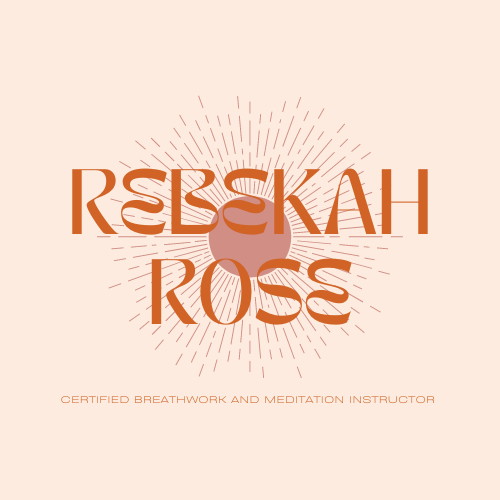Harnessing Inner Peace: Meditation and Breathwork's Impact on Anxiety Around a Cancer Diagnosis
Few experiences are as profound as the moment one receives a cancer diagnosis. The emotional avalanche that accompanies this news is often characterized by fear, uncertainty, and anxiety. When we experience these emotions we tend to hold our breath, or slip into shallow, fast, erratic breathing. This is part of the fight or flight responds and signals to our nervous system that something is wrong. Breathwork and meditation can change those signals, and return our body and mind to a state of rest.
One of the ways we can do this is by activating a Respiratory sinus arrhythmia (RSA) state. RSA is like a dance between your heart rate and your breathing. When you breathe in, your heart beats a bit faster, and when you breathe out, it slows down. This is a natural thing that happens in most animals.
Scientists have used RSA to measure how well a part of your nervous system (called the vagus nerve) is working. But it's not just a measurement - RSA might actually help our bodies work better.
Imagine your lungs as a machine that takes in oxygen and gets rid of waste gases. RSA makes sure that your heart beats at just the right times during your breathing cycle, so your body uses less energy and doesn't waste heartbeats or breaths. It's like making sure the engine in your car only runs when it needs to.
What's interesting is that RSA doesn't always match up with how your vagus nerve controls your heart rate, which suggests that there might be different ways your body regulates these processes and that breathwork can be one of those ways. Doing a series of shorter inhales, and extended exhales, we can signal the body to reduce the heart rate, slow down the body’s stress responds, and enter a relaxed state.
This is one of the ways the breath is a able to regulate the emotional and physiological impact of stress on our bodies. When we intentionally and correctly direct the breath, we access the only part of the autonomic nervous system that we are able to easily control.
The practice of meditation also allows for a shift in perspective. Instead of viewing cancer as an insurmountable foe, it invites individuals to see it as a part of the broader narrative of their lives. This shift in perspective echoes the sentiment that "we are not alone in our suffering." Meditation reminds us that we are interconnected with a larger tapestry of humanity and that love is the very essence of our being.
Studies have shown that meditation reduces anxiety, and can be an effective complementary therapy for managing the emotional and psychological toll of cancer. (1) By cultivating mindfulness and reprogramming the habits of unconscious thought, it provides space for the mind to rest and the body to heal.
Meditation and breathwork may not completely eliminate the anxiety that comes with a cancer journey, but it can provide a means to transform that anxiety into a source of strength and resilience.
The journey is far from linear, meditation provides a path to not only manage anxiety, but to uncover newfound strength and resilience.
1. Oberoi S, Yang J, Woodgate RL, Niraula S, Banerji S, Israels SJ, Altman G, Beattie S, Rabbani R, Askin N, Gupta A, Sung L, Abou-Setta AM, Zarychanski R. Association of Mindfulness-Based Interventions With Anxiety Severity in Adults With Cancer: A Systematic Review and Meta-analysis. JAMA Netw Open. 2020 Aug 3;3(8):e2012598. doi: 10.1001/jamanetworkopen.2020.12598. PMID: 32766801; PMCID: PMC7414391.

